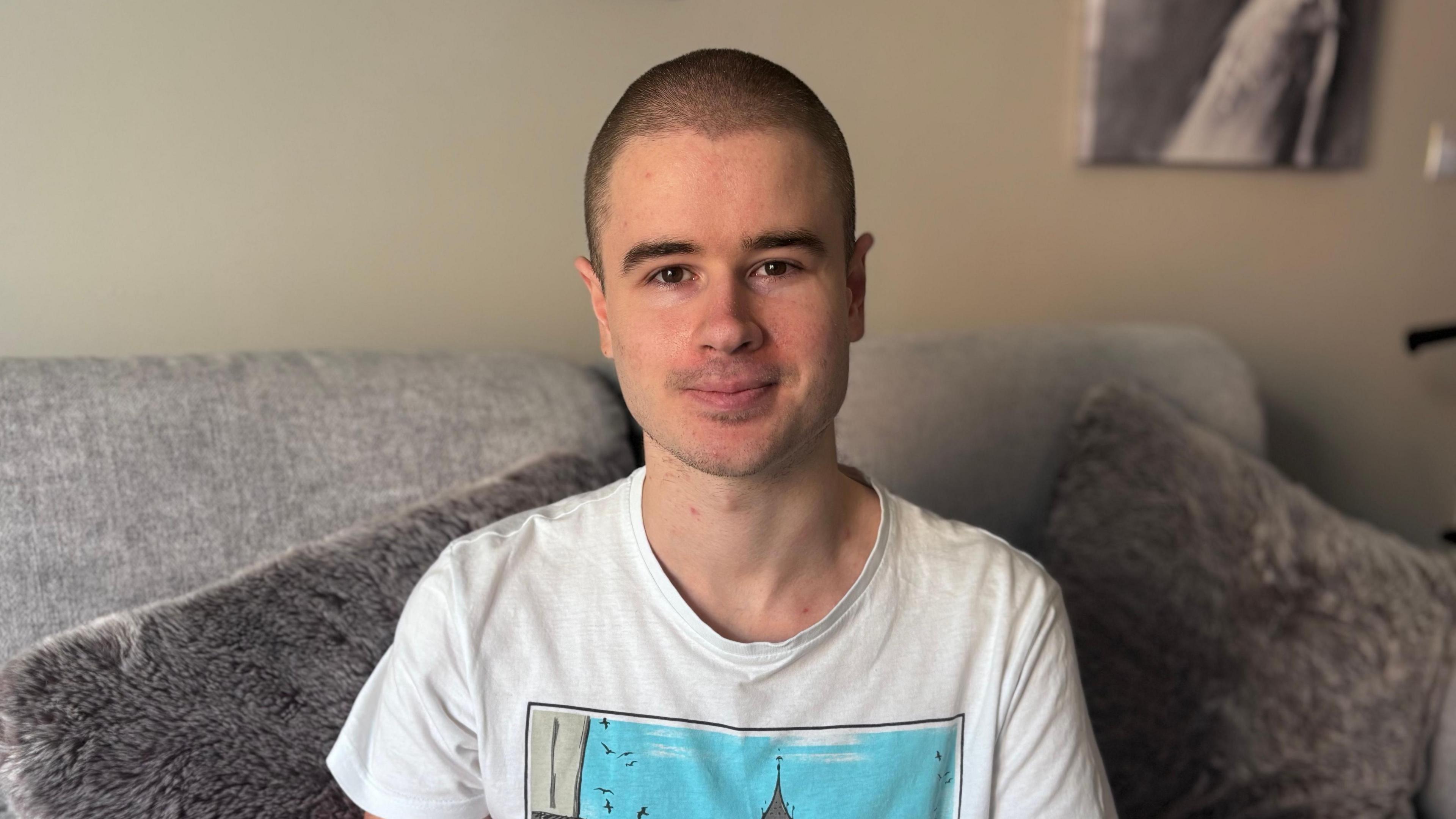Neurological disorder 'flipped my world upside down'
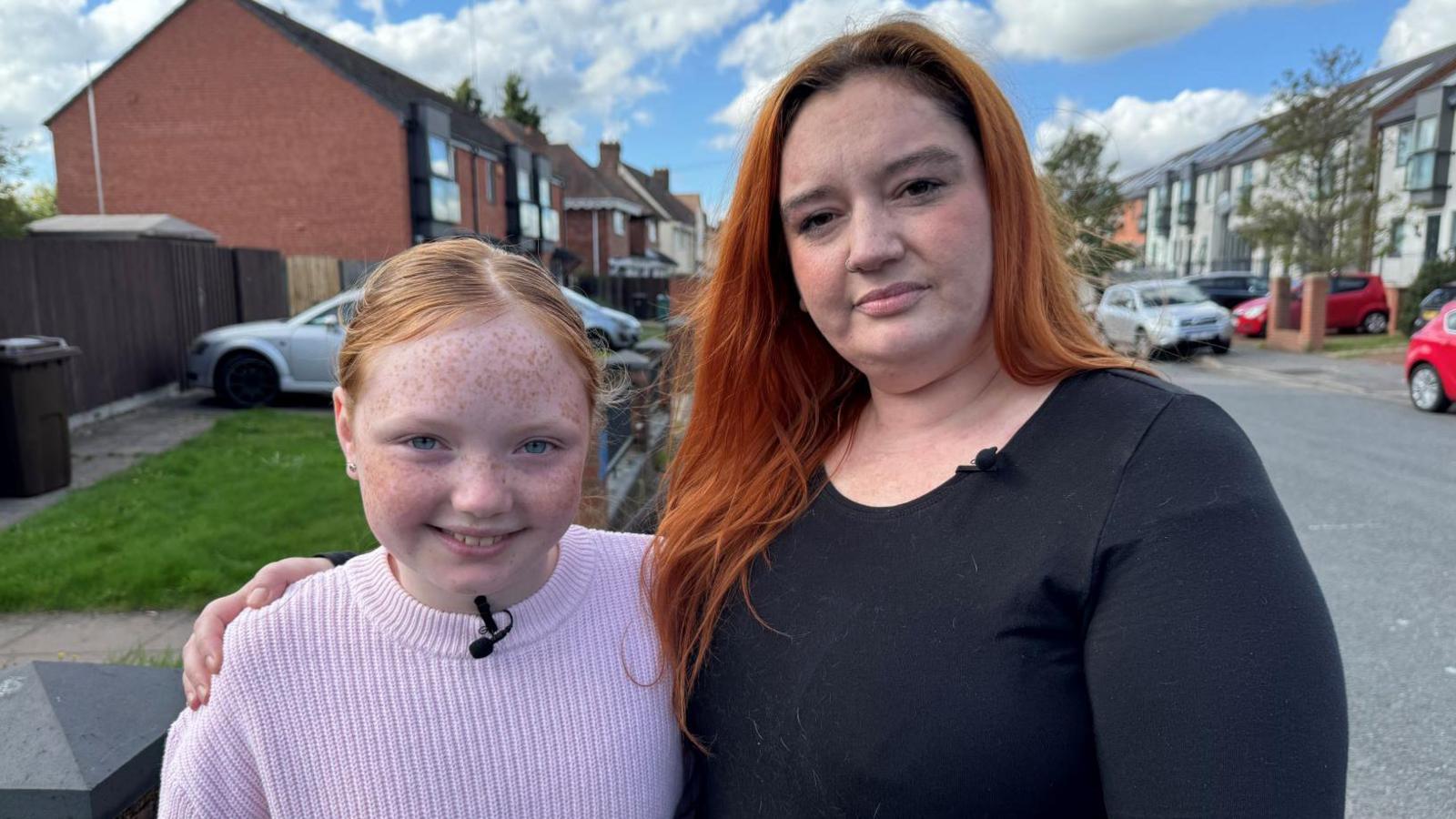
Toni and her 10-year-old daughter Olivia, who is her carer
- Published
A woman who was diagnosed with a rare neurological disorder that caused her to go into cardiac arrest said it flipped her world "upside down".
Toni, from Wolverhampton, said doctors thought she might have had a stroke after she collapsed last January.
The 35-year-old, who was later found to have Functional Neurological Disorder (FND), said there there was a lack of support for those with the condition, as well as for carers like her 10-year-old daughter Olivia.
More than 2,300 people have so far signed a petition for increased funding, better training for medical professionals, and more accessible treatment for FND.
Toni, who is the regional lead for the FND Action charity, said she spent three months in New Cross Hospital, Wolverhampton, after her collapse.
She woke up temporarily paralysed. "I couldn't use my legs, my bowels, my bladder, everything stopped working and my organs got affected and I started having fits," she said.
"It's flipped my world upside down... I've got like seven surgeries coming up, so it's not only affecting my brain, it affects my whole body."
Toni claimed she had learned more about FND through other sufferers on TikTok than from the NHS.
She urged others with the condition not to give up and to advocate for themselves.
"You feel like you're the only person in the world with this condition and you're not," she said.
"You want to learn and be educated, and [the NHS] doesn't do that."

Toni said she lost control of her bodily functions after her collapse
People with FND struggle with how their brain receives and sends information to the rest of their body, the NHS says, external.
But unlike other more well-known conditions, there is no damage to the structure of the brain itself.
It can result in a broad range of symptoms, external and lead to issues with movement, cognition and speech as well as persistent pain and fatigue.
The condition's underlying cause is not known, external, but some experts think it could be linked to stress, trauma or a response to a virus or other inflammatory condition.
The charity FND Hope estimates about 50,000 to 100,000 people in the UK live with it, but says it remains little-known, even among some medical professionals.
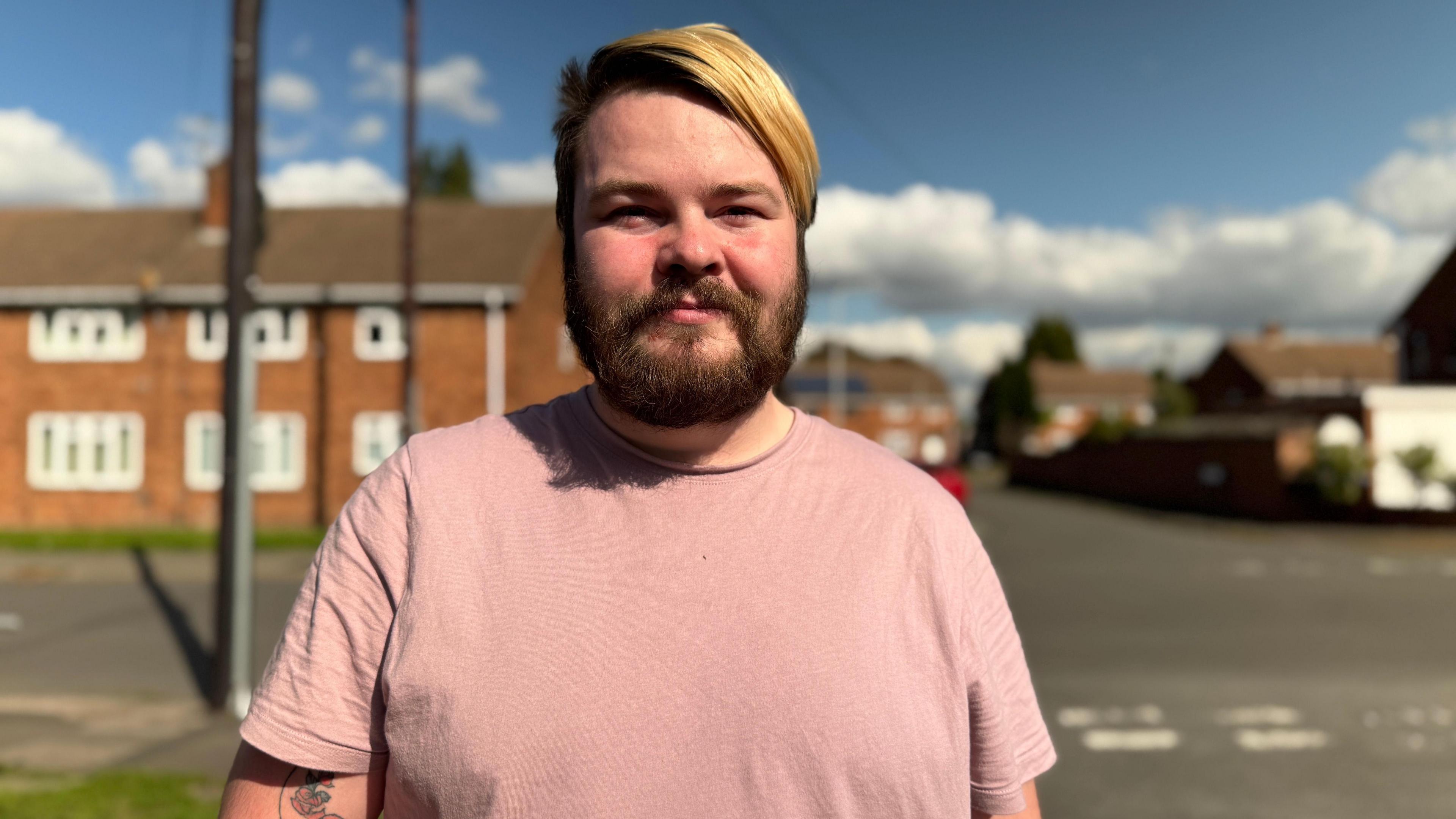
Bradley Watkiss says his functional neurological disorder makes him feel like he is "living on the edge"
Bradley Watkiss, 24, who created the petition, external, said he felt dismissed by the NHS after his diagnosis of FND in April 2024.
"I was just told, 'hey, this is what you've got, now you know you've got it, just deal with it'," he said.
The Wolverhampton resident was diagnosed after a period of intense headaches and daily vomiting led him to collapse at work.
He said he could not currently work due to ongoing symptoms, which also included extreme fatigue and seizure-like activity, and wanted to achieve greater awareness of the "misunderstood and underfunded" condition.
"I now don't know when the symptoms are going to happen because of how unpredictable it is. It's [like] living on the edge," he said.
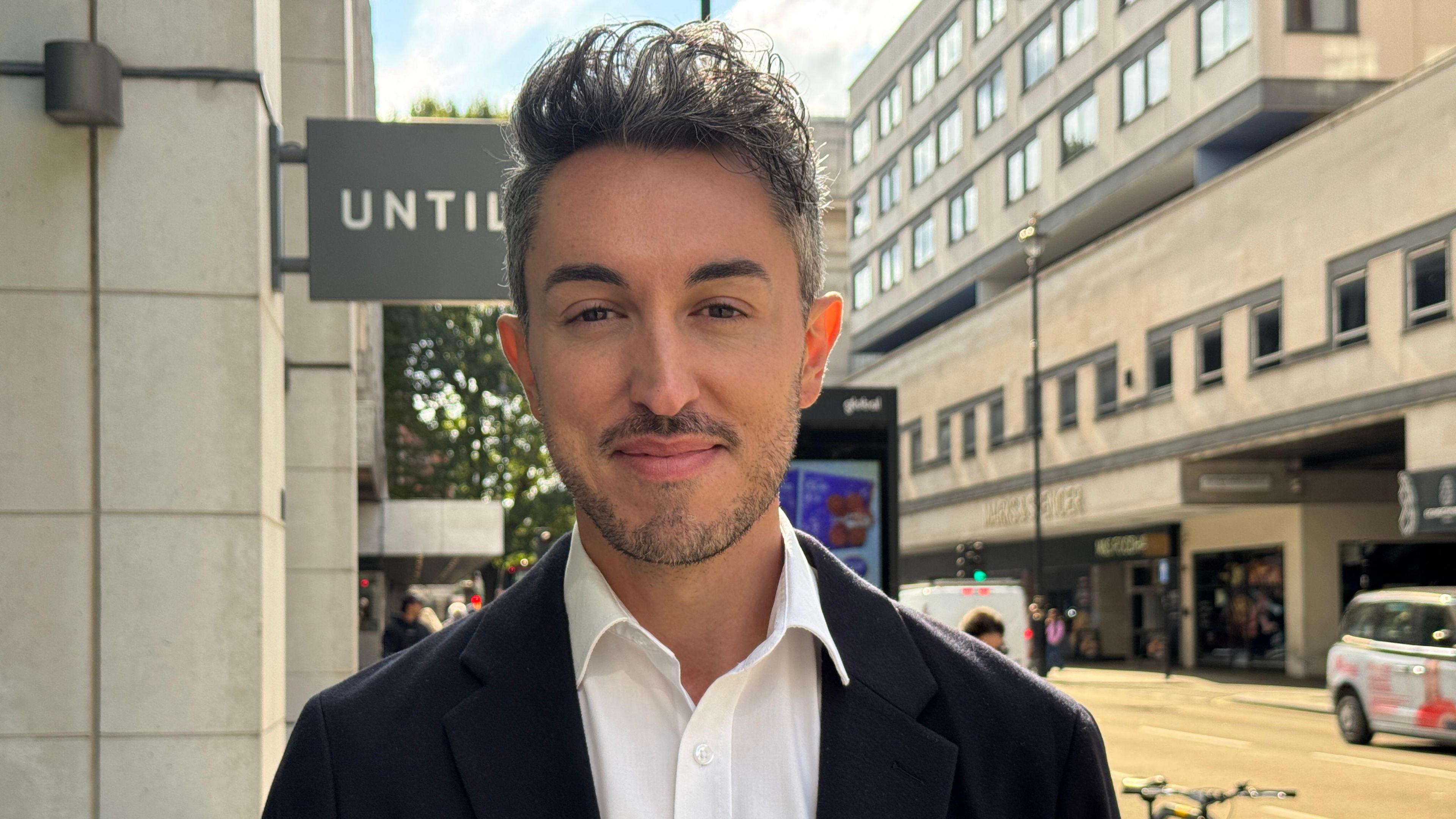
Chris Symeon says FND services are "extremely patchy"
Chris Symeon, a consultant neuropsychiatrist and FND Hope trustee, described targeted FND services as "extremely patchy".
He claimed only about 50% of NHS areas currently provided specific FND rehabilitation and added: "That wouldn't be acceptable for any other neurological condition."
"For some reason we're allowing that to be the case for FND."
'Cutting-edge research'
A spokesperson for the Royal Wolverhampton NHS Trust, where Mr Watkiss has been treated, said its neurology department was committed to supporting patients with FND.
"Our multidisciplinary teams work together to provide tailored care and ongoing support, collaborating with other services such as talking therapies or neuro-rehabilitation, and we can refer to specialist centres if more appropriate," they added.
NHS England did not comment when approached by the BBC, but a spokesperson for the Department of Health and Social Care said it was taking decisive action to transform care for patients with conditions such as FND.
"This includes setting new standards for diagnosis and treatment, running national programmes to improve services and funding cutting-edge research," they said.
Get in touch
Tell us which stories we should cover in Wolverhampton
Follow BBC Wolverhampton & Black Country on BBC Sounds, Facebook, external, X, external and Instagram, external.
Related topics
- Published12 September

- Published29 July
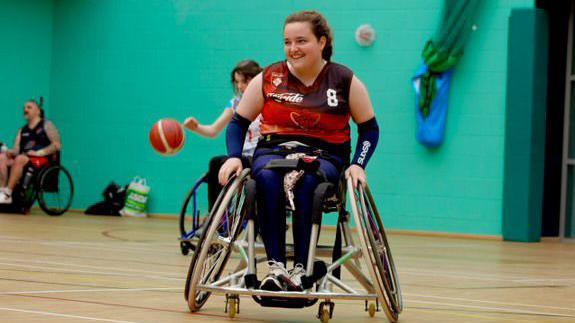
- Published16 July

- Published15 January
